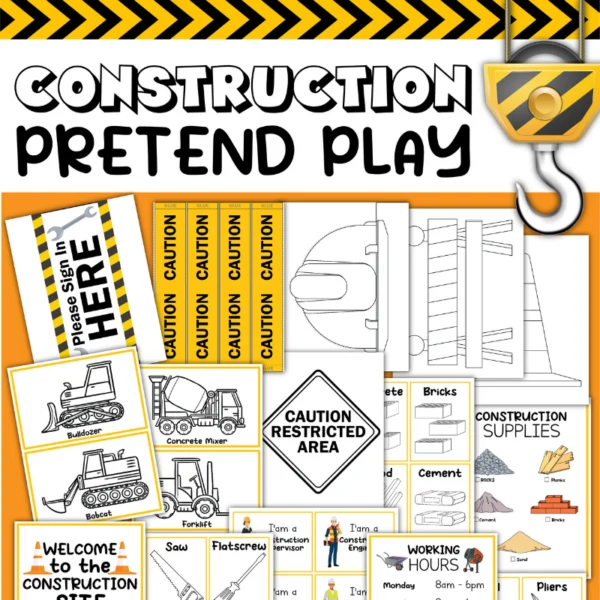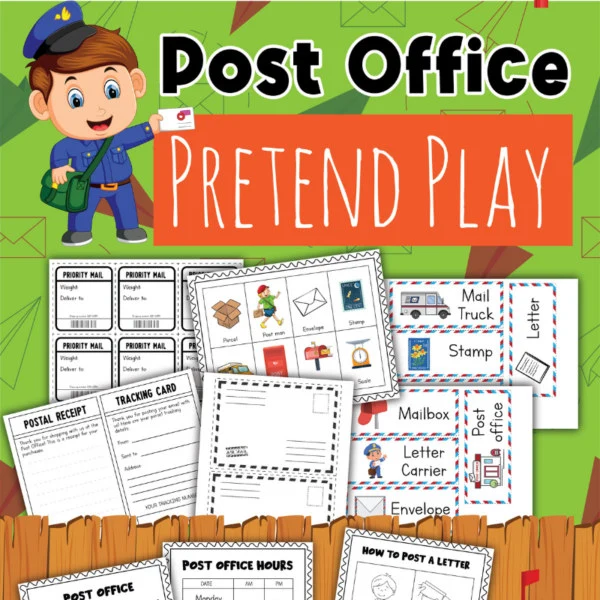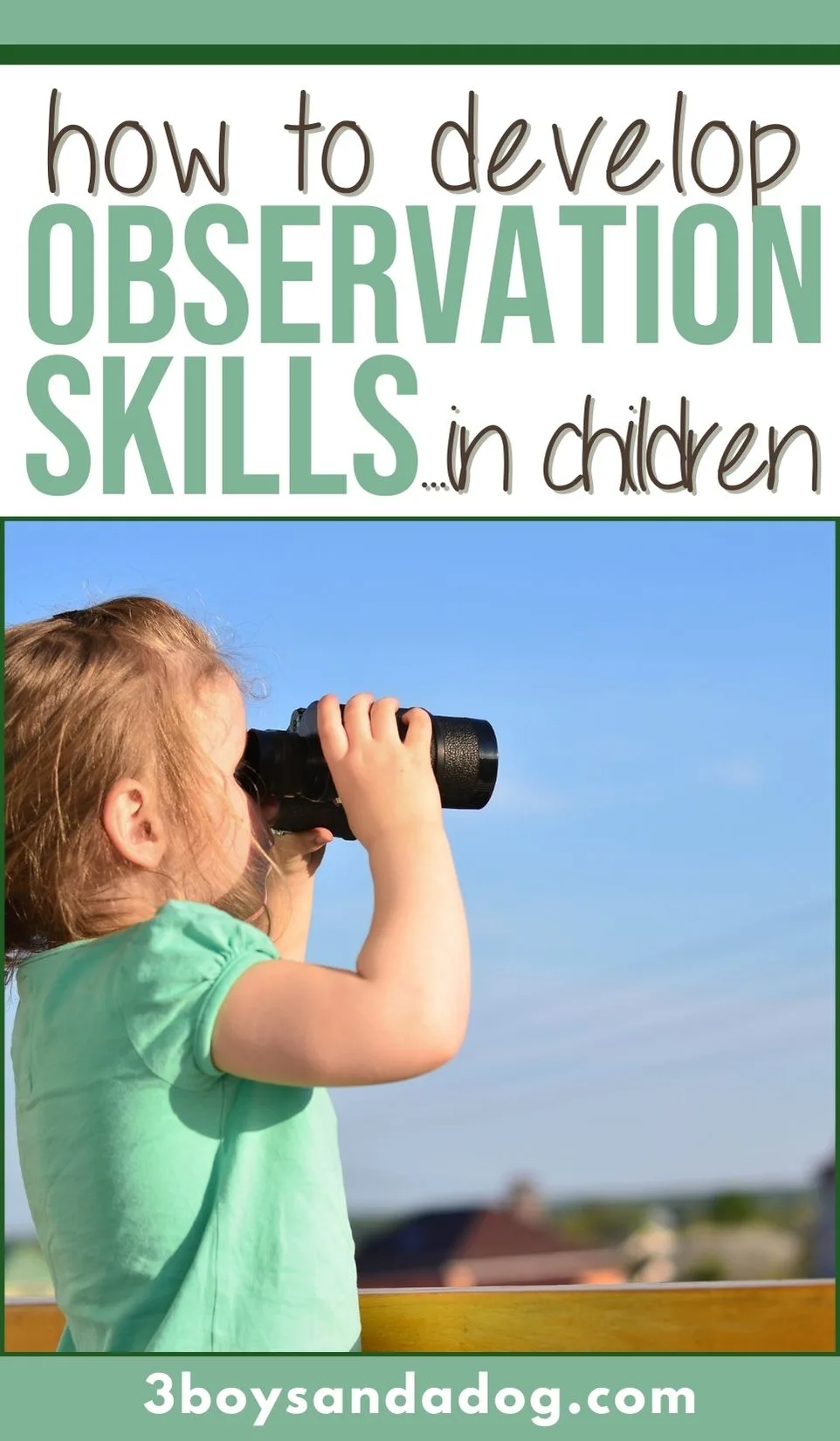Have you ever noticed how kids are fascinated by the world around them? They’re always curious about their surroundings and constantly explore, test, touch, and smell everything they find.
As parents, homeschoolers, and preschool teachers, we must encourage this innate curiosity and help our children develop observational skills.
Observational skills are important for academic learning and children’s social, emotional, and physical development.

This blog post will discuss observation skills, why they’re essential, and how you can develop them in your children.
What are observation skills?
Simply put, observation skills are the ability to notice and pay attention to details in our surroundings. They involve using our senses (sight, sound, smell, touch, and taste) to gather information about the world.
Observational skills are crucial for academic learning, but they’re also essential life skills, as they help us make better decisions, communicate effectively, and understand other people’s perspectives.
Why are observational skills important for children’s development?
Developing observational skills can help children develop their critical thinking and problem-solving skills.
It can also help them develop their social and emotional intelligence as they learn to understand others’ perspectives by observing their behaviors and expressions.
Children can develop their creativity and imagination through observation. They use their observations to inspire their artwork, stories, and imaginative play.
So, how can parents, homeschoolers, and preschool teachers encourage the development of observational skills in children?
Here are some tips:
- Start with something familiar. Encourage your child to observe familiar objects or settings around them, like a favorite toy or the park they visit regularly. Start by asking questions like “What do you notice about this toy?” or “What do you see at the park today?” This will help them start paying attention to details and forming observations.
- Encourage sensory exploration. Sensory exploration is a great way to develop observational skills by using the senses to gather information about the environment. Allow your child to explore different textures, smells, and tastes (with supervision, of course!) and encourage them to describe what they’re experiencing.
- Be a role model. Children learn best by watching and imitating others—model good observational skills by pointing out interesting details and discussing them with your child. For example, if you’re on a nature walk, point out different bird species, name different flowers, and ask your child if they notice anything new or exciting.
- Foster curiosity. Encourage your child to ask questions and be curious about their surroundings. Ask them open-ended questions like “What do you wonder about this?” or “What do you think will happen next?” This will help them develop their curiosity and encourage them to observe more closely.
- Make observations fun. Finally, remember to make observations fun and exciting for your child. Incorporate observational games and activities into your daily routine, like scavenger hunts, memory, or I-spy games.
- I Spy Count the Solar System Printable
- Alphabet Scavenger Hunt for Preschoolers
- Patriotic and Fun Fourth of July Memory Game
Fostering an Observational Environment at Home
Creating a stimulating environment at home is vital to nurturing your child’s observational skills.
This doesn’t necessarily mean you need to invest in expensive educational toys; instead, it’s about being mindful of how your home space can be a rich source of exploratory and observational opportunities.
Here are some ideas to get you started:
- Create a Nature Corner: Dedicate a space in your home to display natural items like rocks, shells, leaves, and flowers. Encourage your child to observe these items closely, perhaps with a magnifying glass, and talk about their observations. This not only hones observation skills but also fosters a love for nature.
- Set Up an Observation Station: Equip a small table or a corner of a room with a few tools such as a magnifying glass, a microscope, colored pencils, paper, and a few objects like different textured fabrics, small toys, or household items. Encourage your child to pick an item, observe it closely, and then draw or write about their observations. This exercise enhances attention to detail and encourages verbal or written expression of their findings.
- Involve Children in Household Tasks: Simple tasks like cooking, gardening, or organizing can be great opportunities for observational learning. For instance, when cooking, invite your child to observe the changes in texture and color of ingredients as they mix or cook. Ask questions like “What do you notice when we mix flour with water?” or “What changes do you see in the plant as it grows?”
- Use Technology Wisely: While screen time should be limited, wisely chosen educational apps and programs that encourage observation and discovery can be beneficial. Opt for apps that involve pattern recognition, puzzle solving, or nature exploration. Always engage with your child afterward to discuss what they observed and learned.
- Display Art and Books: Surround your children with various books and artworks. This makes your home aesthetically pleasing and stimulates curiosity and observation. Discuss the stories and artworks together, asking questions like “What do you notice about the colors used?” or “What is happening in this picture?”
By integrating these elements into your home environment, you’re creating a space that fosters observational learning and makes exploration and curiosity an integral part of your child’s daily life.
Observational Skills and Their Impact on Other Child Development Skills
Observational skills are foundational in a child’s developmental pathway, intertwining closely with other essential skills.
Understanding the role of observation in fostering these skills can help parents and educators create more targeted learning experiences.
1. Enhancing Language Skills
Observation plays a crucial role in enhancing a child’s language skills. For instance, by observing everyday interactions and activities, children learn new words and how to use them contextually.
Example: When children observe a gardening activity, they learn not only the names of different plants and tools but also the actions associated with gardening, such as digging, planting, and watering.
Tips for Parents:
- Narrate your actions and describe objects during daily routines.
- Encourage your child to describe their observations in their own words.
2. Building Social Skills
Through observation, children learn about social norms, emotions, and how to interact with others. Observing facial expressions, body language, and social interactions helps children understand and empathize with others’ feelings and perspectives.
Example: A child observing another child feeling sad may notice the downturned mouth or tears and learn to associate these signs with sadness, leading to empathetic responses.
Tips for Parents:
- Engage in role-playing games that allow your child to observe and enact different social roles and emotions.
- Discuss characters’ emotions and actions in stories to guide the understanding of social interactions.
Learning Printables and Activities
These are excellent resources for kids! They’ll love being a part of the learning process from start to finish.



3. Developing Cognitive Skills
Observational skills are directly linked to cognitive development, impacting memory, attention, and problem-solving skills. By observing patterns, sequences, and cause-effect relationships, children learn to process and recall information more effectively.
Example: While playing with building blocks, a child observes that stacking blocks too high without a stable base causes the tower to fall. This observation helps develop problem-solving skills and an understanding of basic physics principles.
Tips for Parents:
- Provide puzzles and games that challenge your child to observe and find patterns or solutions.
- Ask questions that prompt your child to consider cause and effect, such as “What do you think will happen if…”
4. Inspiring Creativity and Imagination
Observational skills fuel creativity and imagination by enabling children to draw inspiration from the world around them. When children observe their environment closely, they gather sensory experiences that can be transformed into creative expressions.
Example: Observing the colors of a sunset can inspire a child to create artwork using similar colors, or watching birds might lead to imaginative stories about flying adventures.
Tips for Parents:
- Encourage imaginative play based on real-life observations.
- Provide various art supplies and prompts that encourage creative representation of observed experiences.
By nurturing observational skills through targeted activities and discussions, parents and educators can significantly impact the development of language, social, cognitive, and creative skills.
This holistic approach to learning fosters a child’s ability to engage with and understand the world comprehensively and nuancedly.

Encouraging the development of observational skills is an important aspect of child development. As parents, homeschoolers, and preschool teachers, we can foster these skills in our children by encouraging sensory exploration, being role models, fostering curiosity, and making observations fun.
Developing observational skills can ultimately help our children become more successful, empathetic, and creative.
So take some time today to observe the world around you with your child and encourage them to ask questions and share their observations with you!









